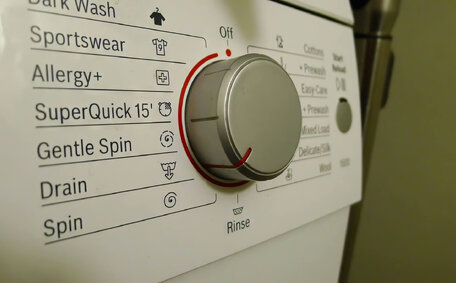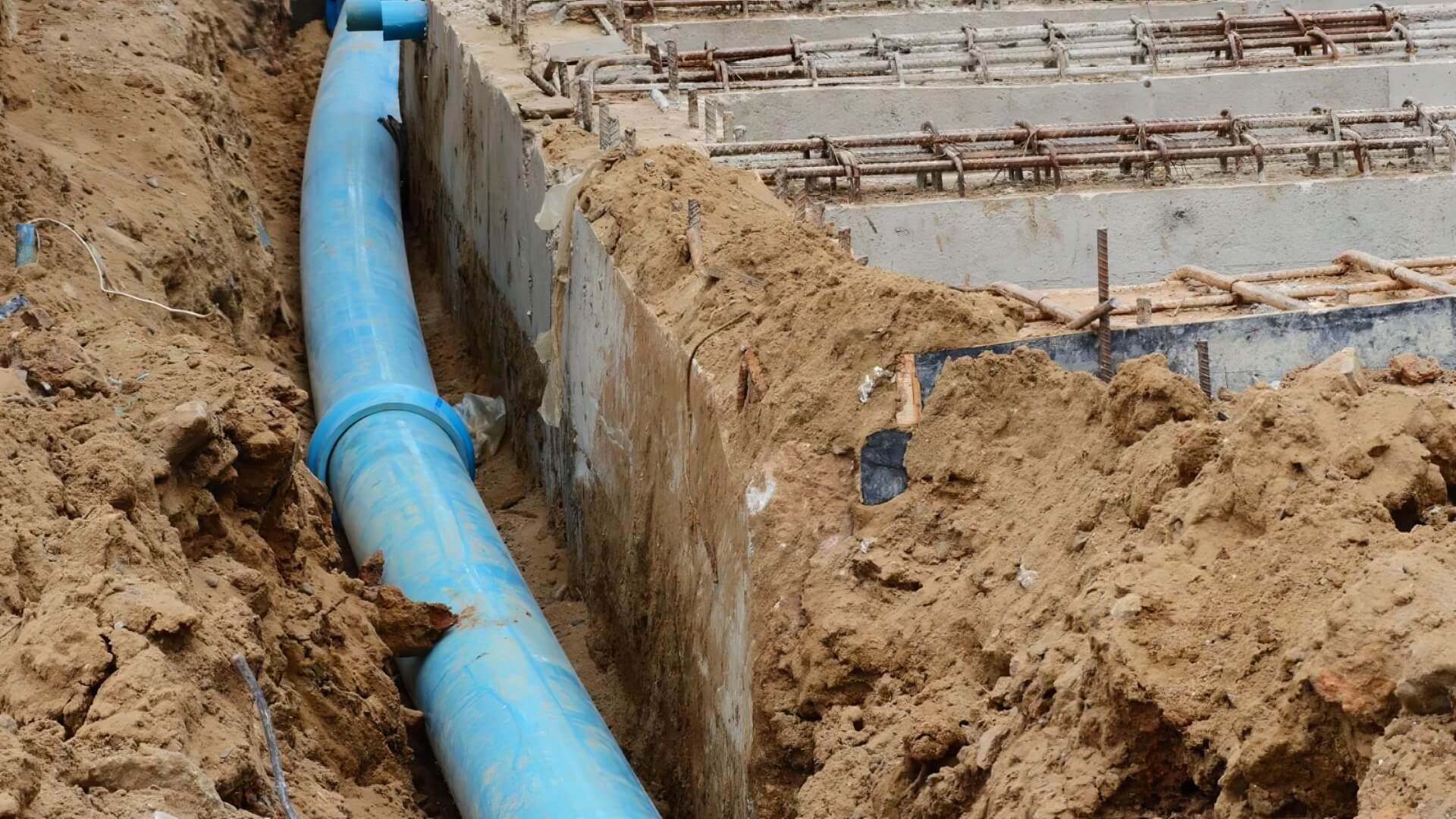Overview of hot water regulations in Australia
Australian regulations for electric hot water systems are crucial in ensuring safety and preventing health risks such as scalding and bacterial growth. All hot water systems must be installed with a temperature control device, such as tempering valves, to regulate the water tempering. There are regulations around the maximum temperature allowed, delivery flow rates, and installation standards.
- Water exceeding 50°C from a hot water heater can lead to third-degree burns in under 5 seconds, underscoring the need for regulated flow rates. The water flow from the heater should never exceed 50°C to meet safety thresholds.
- Temperatures between 20°C and 50°C allow dangerous bacterial growth like Legionella.
- New hot water systems must incorporate a thermostatic mixing valve to limit the maximum water temperature to 50°C and prevent scalding.
- Water flow rates are restricted to a maximum of 5 litres per minute at your hot water tap to help prevent scalding.
- Installation of gas heaters must be performed by licensed plumbers to comply with regulations and guarantee the safety of your gas hot water system.
Key temperatures and safety standards
| Temperature | Safety Standard |
| Above 50°C | Can cause third-degree burns in less than 5 seconds. Maximum delivery temperature allowed is 50°C. |
| 20°C to 50°C | Temperatures in this range allow dangerous Legionella bacteria growth. Storage water temperatures must be kept outside this unsafe range. |
Temperatures between 20°C and 50°C enable Legionella bacteria growth, so systems cannot sit in this range.
Installation requirements
There are important requirements for properly and safely installing hot water systems in St Marys, Sydney and across South Australia. Qualified plumbers follow key installation guidelines, which include:
- Only licensed plumbers and gas fitters can get the job done for any type of water heater installation, ensuring they meet necessary standards and regulations
- Installations must align with local, state, and federal regulations, including the NSW Plumbing and Drainage Act and the National Construction Code.
- Proper permits do need to be obtained before work begins
- Location and clearances need to adhere to mandated guidelines - considerations include ventilation, proximity to water sources, drainage, access for maintenance etc.
- A mixing valve to regulate temperature hot water must be fitted
- For gas solar hot water systems, additional components like solar collectors, pumps and expansion tanks need to be correctly installed and connected
- All plumbing connections, including to the water tank, water supply lines, gas lines, electrical works etc. must be done properly following standards
- Commissioning tests and inspections are often required for a system’s certification of safety and functionality.
Following professional installation procedures for Australian hot water systems is crucial to ensure water safety and regulatory compliance.
Inspection and maintenance regulations
Australian regulations mandate regular inspections and maintenance of hot water systems to ensure ongoing safety and efficiency. Licensed plumbers must perform comprehensive annual inspections, as legally required, to reduce risks associated with hot water systems.
During inspections, plumbers thoroughly assess all components of hot water heaters to check for issues like corrosion, leaks, faulty parts, incorrect pressures and temperatures that may turn hot water dangerous. Maintenance is then conducted to fix any problems.
Annual inspections pinpoint issues that can compromise the safety or cost-efficiency of your hot water system. The inspections also verify systems are compliant with the necessary safety standards and can take appropriate measures if not.
Book your hot water system inspection with St Marys Plumbing by calling 1300 349 338 or emailing jobs@stmarysplumbingservices.com.au. Stay safe and ensure the system your plumber maintains operates reliably by having one of our licenced plumbers conduct thorough maintenance each year.
Upgrading systems to meet new regulations
Installing a water system new to your home is often necessary to comply with updated Australian regulations and safety standards. This usually involves installing new components like tempering valves to regulate temperatures or replacing outdated systems with more efficient technology.
Costs of upgrading
Upgrading to a modern day hot water system can cost between $1,000-$5,000 depending on the age of your current system, and what upgrades are required. However, government rebates and technology certificates STCs Incentives up to $1,000 are available for installing select energy-efficient systems.
Long-term benefits
- Enhanced safety from regulated temperatures in continuous flow hot water systems, mitigating scalding hazards
- Increased efficiency saves money on energy bills in the long run
- Prolongs system lifespan with new components and technology
- Reduced greenhouse gas emissions from modern energy-efficient systems
Considering system alternatives
While upgrading, consider alternatives such as gas solar hot water systems that use renewable energy to reduce costs and emissions.
Our licenced technicians can advise the most suitable and cost-effective option for heated water systems when planning upgrades.
Contact St Marys Plumbing on 1300 349 338 for professional upgrading services and advice.
Energy efficiency considerations
With rising energy costs, choosing an energy-efficient hot water system is becoming increasingly important in Australia. Energy-efficient systems can lead to substantial savings on electricity and gas bills over time.
Types of Energy-Efficient Systems
- A solar heat pump water heater harnesses free solar energy to heat your water efficiently. These systems can save over 50% on hot water costs.
- Electric heat pump hot systems extract warmth from the surrounding air, requiring about half the electricity of conventional electric storage systems.
- Gas condensing systems recycle heat from flue gases to pre-heat water. This makes them over ninety per cent energy efficient.
Incentives for Energy-Efficient Upgrades
Households and businesses may access Australian government incentives for upgrading to approved energy-efficient hot water systems.
- Upfront discounts on installation costs
- Generous Small-scale Technology Certificates (STCs)
- Potential state and territory government rebates
Contact our team at St Marys Plumbing for more information on the most suitable energy-efficient hot water system for your property and the available incentives to help fund an upgrade.
Legal liability for system failures
Homeowners
Homeowners can face legal consequences for injuries caused by scalding, Legionnaires’ disease, or other issues due to faulty installation or inadequate maintenance.
- Individuals may incur fines up to $550,000 and bodies corporate up to $1.1 million for safety breaches.
- Lawsuits from tenants or visitors who suffer injury due to non-compliant or faulty systems.
Professionals
Plumbers, gasfitters, builders and other professionals involved in hot water system installation or servicing have strict legal obligations under Australian regulations. Negligence can lead to significant penalties:
- Fines up to $220,000 for individuals and $1.1 million for bodies corporate.
- Loss of licences and accreditations.
- Lawsuits for personal injuries caused due to non-compliant installations.
At St Marys Plumbing, our licenced technicians stay up-to-date with all regulations to ensure your system meets necessary safety standards. Contact us on 1300 349 338 for reliable installation and maintenance protecting you from defects or failures.
If faulty install550,000 for individuals and $1.1 million for bodies corporate.
Tempering valves
Tempering valves, a type of mixing valve, are critical in preventing severe scalding by regulating temperatures. They regulate the temperature to a maximum of 50 degrees centigrade, preventing water hot enough to cause third degree burns in just 5 seconds.
Mandatory Installation
Australian law requires all new and upgraded hot water installations to include tempering valves for temperature moderation. Tempering valves are mandated by the National Construction Code and state regulations.
Older systems lacking tempering valves are non-compliant, often necessitating a hot water heater upgrade to meet current standards. Your hot water system may need upgrades, such as temperature regulators, to comply with new regulations.
Role in Safety and Compliance
Licensed plumbers ensure that properly installed tempering valves keep water from the storage tank from exceeding Australia’s maximum permitted temperature, thus preventing tap water scalding and keeping families safe. This offers essential protection, especially for vulnerable individuals such as children and the elderly.
They also maintain storage water temperatures outside the 20-50°C range that promotes Legionella bacteria growth. By enabling compliance with hot water regulations, tempering valves are integral for safety.
Licensed plumbers at St Marys Plumbing provide advice on tempering valve installations and upgrades for compliant hot water systems.
Purpose of Tempering Valves
First aid for scalds
Scalds from hot water can lead to severe and life-threatening injuries. While waiting for emergency care, it’s important to follow proper first aid for scalds without attempting to remove adhered fabric.
To mitigate the after-effects of a scald, immediately cool the affected area with running cold water for 20 minutes, avoiding the use of ice.What Not to Do
- Refrain from applying gels, ointments, or home remedies such as butter or oil to the burn.
Emergency medical treatment is crucial, as severe scald injuries can cause ongoing damage to skin and tissues beyond the initial burn. Our team at St Mary’s Plumbing can also help with advice on making your hot water system safer to prevent scalds happening.






